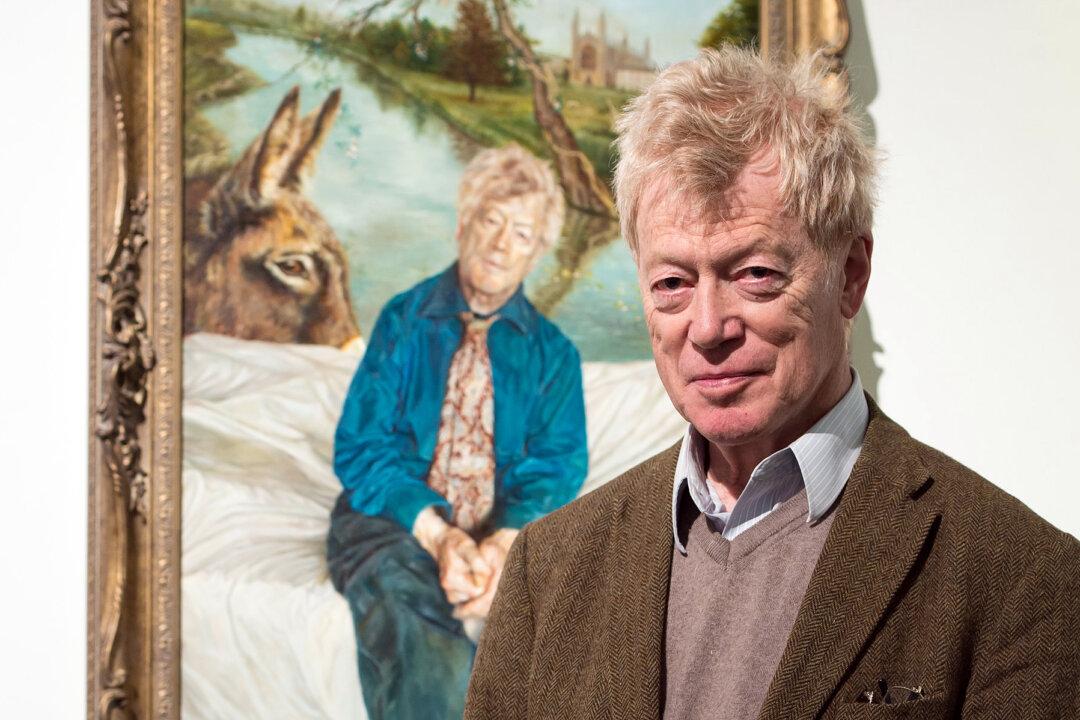Commentary
Mainstream media, while partisan (The New York Times hasn’t endorsed a Republican candidate for president in 50 years), used to take seriously its responsibility to inform its audience, to be professional, and to check its facts.

Mainstream media, while partisan (The New York Times hasn’t endorsed a Republican candidate for president in 50 years), used to take seriously its responsibility to inform its audience, to be professional, and to check its facts.